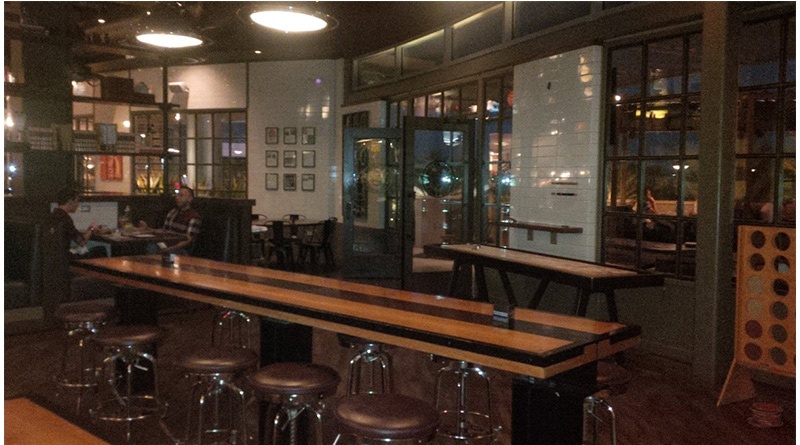Consumer Spending Declined 2.3% In December As Tighter Restrictions Hampered Hospitality

Consumer spending declined 2.3 per cent year-on-year in December – the largest decline since June 2020 – as the tightening of tiered restrictions across the UK hampered high-street retailers and hospitality.
Data from Barclaycard, which sees nearly half of the nation’s credit and debit card transactions, reveals that spending on essential items grew 4.5 per cent year-on-year as Brits stocked up for the festivities, aided by a 14.7 per cent rise in supermarket shopping overall and online grocery spend surging 88.0 per cent. The hospitality sector was particularly hit hard in December, with steep declines at bars and pubs (-71.4 per cent) and restaurants (-65.4 per cent) as new measures saw many Brits cancel festive social plans.
Spending on non-essential items dropped 4.9 per cent – the largest decline since June 2020 (-22.3 per cent) as the growing spread of coronavirus led to more Brits staying at home and unable to visit physical retail stores.
While in-store retail spending fell 8.3 per cent, the significant shift to online shopping continued, with online retail rising by 52.2 per cent and accounting for almost half (46.8 per cent) of all retail spending in December.
Brits also continued to make the most of nights in by purchasing new boxsets, downloading new video games and ordering takeaways, with eating and drinking (81.0 per cent) and digital content and subscriptions (41.4 per cent) seeing strong online increases.
Shops in the local community continued to enjoy a boost as well, with specialist food and drink retailers such as butchers, bakeries and off licenses recording a 43.7 per cent rise. This comes as more than half (54 per cent) of Brits say they will do what they can to support local shops during 2021.
While overall travel contracted by 63.8 per cent, there was an improvement seen in spending across some categories in the sector. Airlines saw a less steep decline of 58.1 per cent compared to the previous month’s decline of 73.6 per cent. Additionally, travel agents recorded a smaller drop this month of 72.3 per cent. This comes as one in five Brits (22 per cent) say they are already making plans for a big holiday at some point in 2021, reflecting optimism that a potential recovery may come later this year.
The continued restrictions across the UK mean that Brits’ confidence in the UK economy remains low at 22 per cent – almost 20 per cent lower than at the same time last year.
However, consumer confidence in household finances has held up at 68 per cent, with almost a quarter (24 per cent) of the nation feeling more confident about spending on non-essential items than they have been for a long time. Of those who are feeling more optimistic, 40 per cent say it is because they have saved more than normal recently.
Raheel Ahmed, Head of Consumer Products, said: “Changing restrictions continue to have an impact on our spending habits – which was particularly acute across the high-street and hospitality sectors in December, with restaurants, pubs and bars hardest hit during a low-key festive season in the majority of the UK. As a result of further restrictions, online grocery spend surged and fuel declined as the majority cancelled their plans and stayed home for the holidays.
“Additionally, many still continued to support their local shops where possible, spending more time in their local community. Small businesses have continued to remain agile to these changing consumer habits – with many going online for the first time. From dog walking services to subscriptions of weekly meal kits, small businesses are exploring new ways to reach their customer base.
“With the latest government guidance to stay at home and a vaccine roll-out on the horizon, we are all hopeful of a brighter and more prosperous year ahead. Yet for now, the reality of lockdown life remains and it’s once more a hugely challenging time for high-street retailers as well as the hospitality, leisure and travel industries.”
